New class of coordination polymers for high-performance Li-, Na- and K-ion storage
Green Car Congress
AUGUST 9, 2022
Researchers at the Université catholique de Louvain in Belgium have designed and synthesized a new class of electrically conducting anionic coordination polymers for all practically relevant alkali-cation storage. V in lithium-, sodium-, or potassium-based cells. Wang et al. doi: 10.1039/D2EE00566B.

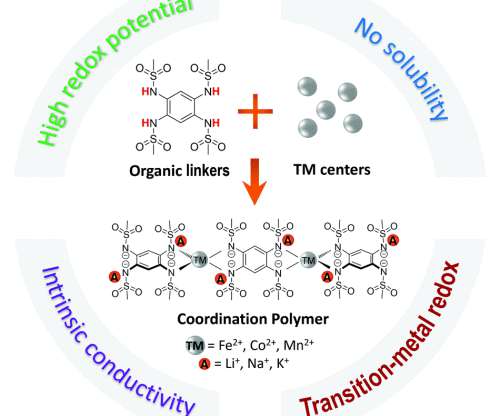
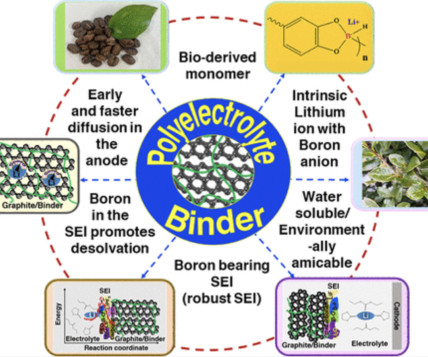




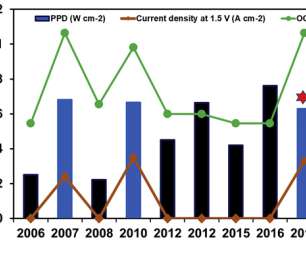
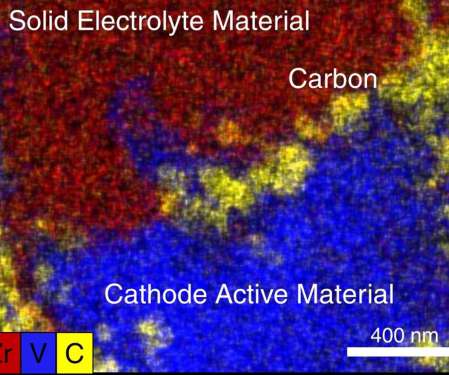








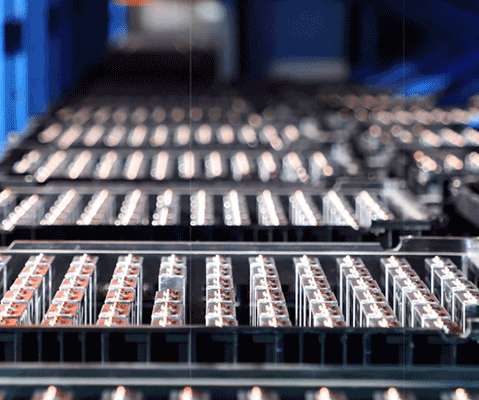













Let's personalize your content